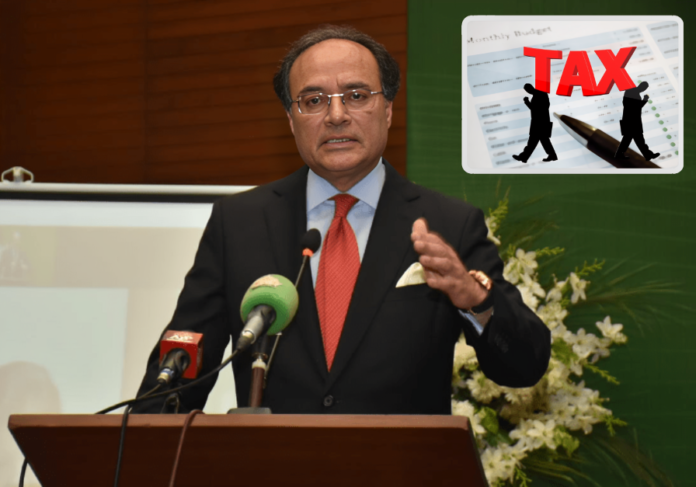Finance Minister Muhammad Aurangzeb announced that the Number of Tax Filers in Pakistan for the current fiscal year has nearly doubled compared to last year, with 723,000 new tax filers registered. This significant increase in the Number of Tax Filers in Pakistan is part of the government’s ongoing efforts to strengthen tax compliance.
FBR does not publish exact figures publically, However, as per FBR, the total number of active tax filers/tax payers in Pakistan, as per December 26, 2023 data, is 5.3 million. This includes 3.69 million individual Tax Filers/Tax Payers and 1.67 million corporate or association of persons (AOPs).
On 20 September 2024, Prime Minister Shehbaz Sharif approved stringent tax enforcement measures, including a ban on banking and financial transactions for non-filers of tax returns.
During a press conference in Islamabad, alongside the Federal Board of Revenue (FBR) chairman, the finance minister emphasized the importance of the government’s commitment to improving tax compliance. He highlighted that the FBR had presented a report to the prime minister, revealing that tax evasion by under-filers was estimated at Rs 1.3 trillion.
Muhammad Aurangzeb stated, “We are declaring a war on cash in this country.” He underscored the need for a documented economy to secure a place in global platforms such as the G20. He pointed out that with cash in circulation estimated at Rs9 trillion and the FBR’s budget at Rs9.3 trillion, the true size of the economy could exceed $700 billion.
The Number of Tax Filers in Pakistan is expected to rise as the government introduces restrictions for non-filers, who will face difficulties purchasing vehicles, properties, mutual funds, and conducting large cash withdrawals or deposits. The government plans to further streamline tax collection by reducing human intervention and utilizing digital algorithms to assess discrepancies between declared and actual asset values.
Muhammad Aurangzeb assured the public that these measures would protect citizens from unnecessary harassment by tax authorities. He emphasized that the government’s data-driven approach is designed to boost the tax-to-GDP ratio and improve economic stability.
On the economic front, the finance minister noted that inflation had decreased to single digits and was expected to drop further, following the successful completion of the stand-by agreement with the International Monetary Fund (IMF). He reiterated the importance of a new IMF program to sustain macroeconomic stability and implement structural reforms.
The Number of Tax Filers in Pakistan is seen as a critical factor in achieving long-term economic stability, with reforms in energy, privatization, and federal expenditures playing a key role. Aurangzeb highlighted ongoing efforts to streamline six ministries, with one, the Capital Authority, set to be abolished to further reduce government expenses.
The Federal Board of Revenue (FBR) has announced plans to eliminate the non-filer category in a move aimed at improving tax compliance and expanding Pakistan’s tax base. This reform will prohibit non-filers from purchasing property, buying vehicles, investing in mutual funds, opening current accounts, and traveling internationally, except for religious purposes.
FBR Chairman Rashid Mahmood Langrial stated that this policy is part of a broader strategy to increase tax revenue and hold non-filers accountable. The new rules, currently being drafted in collaboration with the law ministry, will be enforced through an ordinance. Advanced technologies like machine learning will also be employed to identify non-filers and strengthen tax collection efforts across the country.


